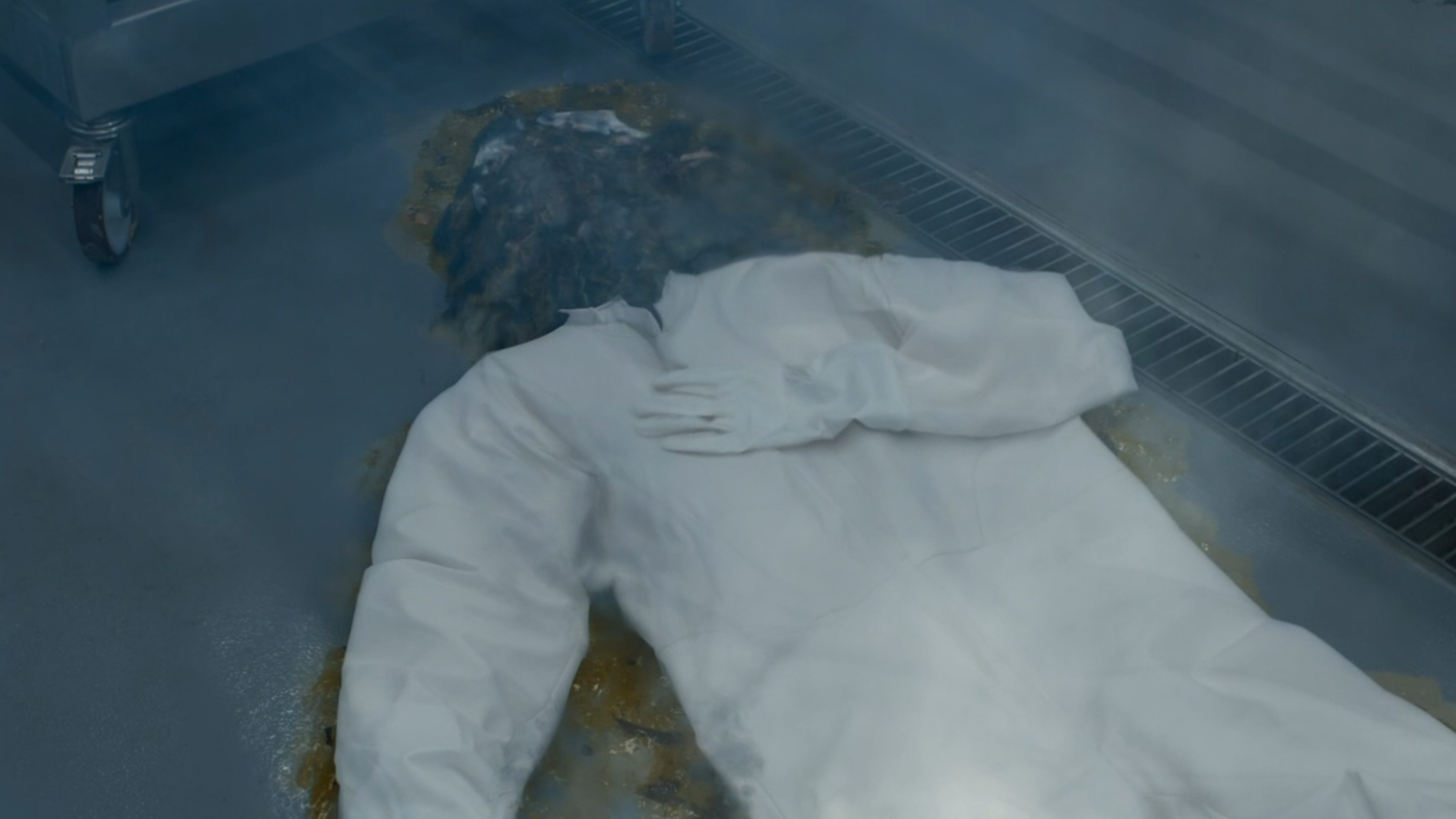10 Doctor Who Moments More Disturbing Than You Remember
You might not remember them, but they definitely made you hide behind the sofa.

Doctor Who has always had a reputation for being scary. Ever since the '60s, children have allegedly been ‘hiding behind the sofa’ to get away from Daleks and Cybermen and Weeping Angels, everything else in between.
Some episodes in particular have gone down in history for pushing the limits of how much horror you can get away with on BBC One on a Saturday night. Stories like Revelation of the Daleks, The Curse of Fenric, and The Empty Child all have well-earned reputations for their disturbing and terrifying content. Steven Moffat has practically built a career around traumatising children—and has won many awards for it to boot!
But there are certain horrifying moments that aren’t so well-remembered.
Whether they’re out-of-place scenes in otherwise tame stories, sandwiched between other, more horrifying moments, or simply featured in episodes that aren’t all that fondly remembered, you might have forgotten just how grim these moments actually are.
10. The Bacteria At The End Of The World

After simulating all of Earth in Extremis, the Monks decide that their best opportunity to gain humanity's "consent" to rule over us is to save us from a deadly bacteria, accidentally created in a small lab in Yorkshire.
And while The Pyramid at the End of the World is hardly the most memorable Doctor Who episode out there, that doesn't make this man-made plague any less terrifying a prospect.
Because Doctor Who never passes up an opportunity for some extra horror, the bacteria doesn't simply cause people to keel over and die. It completely liquifies them, meaning that we get to watch one of the scientists responsible for its creation dissolve into a steaming slurry of green-brown gunk. Gross.

What makes the bacteria really disturbing though, is context.
When The Pyramid at the End of the World was first broadcast in 2017, we were a little under three years away from the COVID-19 pandemic.
But watching the episode back now, the idea of a fast-acting airborne bacteria that can reduce any life on Earth to a festering gloop within a few hours of exposure is absolutely chilling. It comes across as a much more real and dangerous threat, and it's now quite easy to imagine the widespread panic that would occur if the bacteria had escaped.
Not to mention all the people stacking their trolleys with loo roll.